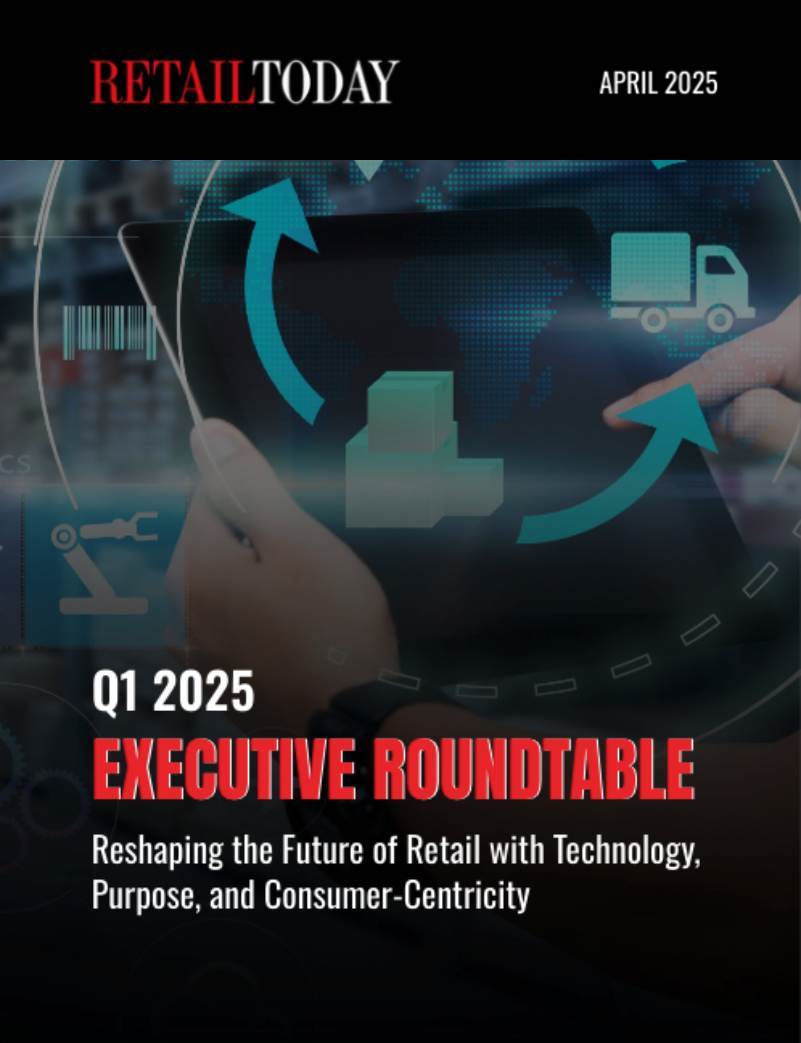
Continued demand for retail automation will be prevalent in 2022, especially given the persistent labor shortages impacting this sector. There is a critical need to close data gaps that prevent retailers from getting an accurate picture of store and shelf conditions, buying trends and customer preferences. Capturing shopper data creates multiple customer touchpoints and fuels new revenue streams. Actionable business insights about store and shelf conditions help retailers better address out-of-stock, price integrity, product location, planogram/display compliance and other operational inefficiencies.
The challenge facing many retailers, however, is determining how to collect and correlate real-time in-store data, which traditionally has required time-consuming, manual shelf scans and store inspections. Savvy retailers are embracing automation as a way to offload many of these tedious tasks while empowering employees to focus more on direct customer service efforts. Faced with continued staff constraints, the need to automate certain retail operations while gaining greater visibility into store operations is taking on heightened urgency.
Multipurpose robots offer much-needed relief by amplifying and extending staff operations while monitoring product availability, verifying pricing and sharing dynamic updates on buying trends and customer preferences. Using autonomous robots, retailers can complete storewide scans in hours, not days, while instant access to intelligent data can elevate shopping experiences and store profitability. Nearly Instantaneous delivery of on-shelf availability reports enable retailers to make necessary corrections or address critical replenishment needs immediately, which is a big improvement over the 24-to-72 hours it typically takes to find and rectify these operational issues.
For example, Woodman’s Markets, which has stores throughout Wisconsin and Illinois, uses autonomous robots to monitor product availability, verify prices and deliver precise location data for more than 100,000 items at each location. Retail robots keep track of item locations, enabling Woodman’s to integrate daily updates into its mobile shopping app to help customers, online order pickers and store associates quickly find all products. This automated process also is proving essential to collaborations with pricing departments, improving the prioritization of replenishment lists and assessing planogram compliance.
Significant market momentum for autonomous robots is expected over the next year as retailers deploy these solutions to improve store operations, financial performance and customer experiences. At Busy Beaver Building Centers in Pennsylvania, Ohio, and West Virginia, adopting innovative technology supports the company’s overall mission to be the favorite neighborhood home improvement store in the communities they serve. Known for legendary customer service, Busy Beaver is deploying multipurpose autonomous robots to keep shelves fully stocked with the right mix of products at the right prices without overburdening dedicated team members.
With nearly 600 Badger Technologies autonomous robots having been deployed throughout the U.S. and Australia, we are witnessing an accelerated pace of in-store deployments of autonomous robots among nationwide and independent, regional grocery store chains and the home-improvement and hardware store sector. There is no doubt that in the days to come, autonomous robots will make major inroads, gathering information from products and conditions all around the store. This would only mean improving overall shopping experience while making stores more efficient and profitable.
William “BJ” Santiago has more than 21 years of enterprise sales, operations management, business transformation and strategic planning experience in serving the retail, manufacturing, distribution, finance and hospitality industries. Currently, Santiago is the CEO of Badger Technologies.
Prior to Badger Technologies, Santiago has served in both VP and C-level positions as an influential business executive and leader with impeccable record of driving profit and operational efficiencies in such companies as Quadient (a Neopost Company), MobiManage, Intellinetics and Lexmark International. Santiago is a graduate of Eastern Kentucky University and a former United States Army Officer and Veteran of Operation Desert Storm. Mr. Santiago holds various industry certifications in Lean Six Sigma, Total Quality Management (TQM), Customer Journey Mapping (CJM) and ITIL.






